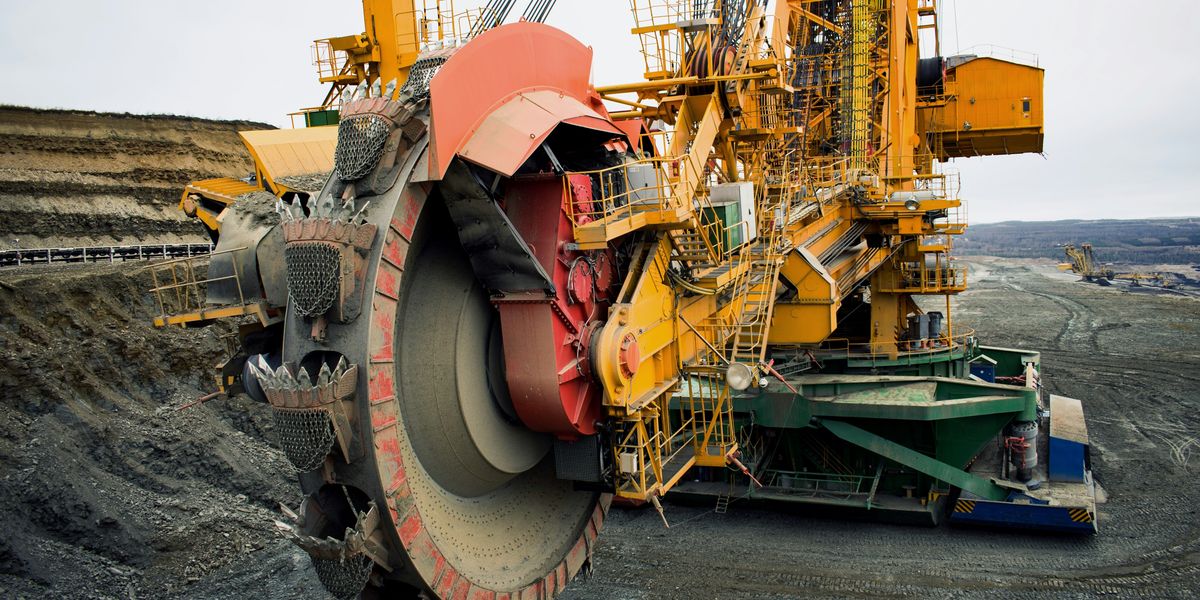ice sheet collapse
NASA Goddard Space Flight/Flickr/Commercial use & mods allowedhttps://creativecommons.org/licenses/by-sa/2.0/
"It demonstrates the potential enormity of the problems society may face over the coming centuries" UiT scientists on the new data from the Barents Sea.
New Barents Sea study points to how global sea level will continue to rise.
Newsletter
NASA Goddard Space Flight/Flickr
Clue to rising sea levels lies in DNA of 4m-year-old octopus, scientists say
Genes of Turquet’s octopus hold memories of melting of previous Antarctic ice sheet, raising fears of what another thawing could bring.
Ending the debate: New research solves long-standing Antarctic climate change mystery
New research led by the University of Massachusetts Amherst definitively resolves a long-standing discrepancy in the geologic record that pitted studies of marine ice-sheet behavior against those that reconstructed past conditions on land.
The Pine Island glacier is speeding up as its ice shelf disintegrates
Without its icy restraint holding it back from the ocean, the Pine Island glacier could dramatically add to sea level rise.
Newsletter
www.rollingstone.com
Antarctica: Is this what a climate catastrophe looks like in real time?
Scientists aboard the Nathaniel B. Palmer watch a 25-mile-wide section of ice crumble into the sea.
Newsletter
www.rollingstone.com
Journey to Antarctica: Reckoning with uncertainty
A conversation with chief scientist Rob Larter about the existential guessing game at the bottom of the world.
Newsletter
www.washingtonpost.com
Today’s Earth looks a lot like it did 115,000 years ago. All we’re missing is massive sea level rise.
New research shows the planet is already paralleling the most recent major warm period in its past. Now the only question is how fast Antarctica could collapse.
ORIGINAL REPORTING
MOST POPULAR
CLIMATE



















